Chances are, at some point in your life, you’ve encountered one of these timeless sayings: “The journey to all understanding begins with knowing oneself,” “There’s a trace of irrationality in every remarkable mind,” “The true intent and high aspiration of life revolve around happiness,” “Excellence is not coincidental. It’s the product of earnest endeavor, prudent strategy, and calculated decisions; reflecting the wise selection among numerous alternatives—your destiny is dictated by choice, not chance,” and “The distinction between the educated and the uneducated is as stark as that between the living and the dead.”
The common thread among the quotations above is that they all came from one of the most influential human beings who walked the planet: Aristotle. Along with Socrates and Plato, Aristotle is widely considered one of the greatest philosophers and thinkers who ever lived, and his impact on science and philosophical thought continues to this day, almost 2,400 years after his death. In case you don’t know some of the facts that make Aristotle such an influential person in human history, here follows a list of 25 Things You Probably Don’t Know about Aristotle that won’t fail to enlighten you.
He was born in 384 BCE in Stagira, a small city in ancient Macedonia on the northern periphery of Greece.
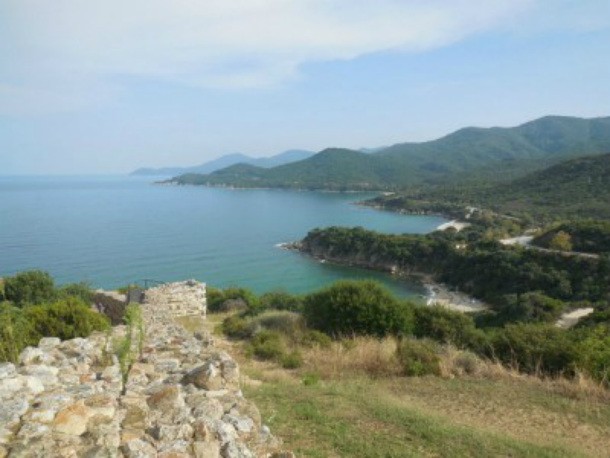 Source: Internet Encyclopedia of Philosophy, Image: Wikipedia
Source: Internet Encyclopedia of Philosophy, Image: Wikipedia He came from a well-respected and wealthy family. His father was a doctor and the personal physician to King Amyntas of Macedon.
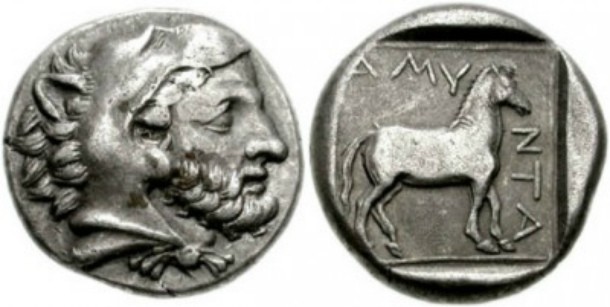 Source: Internet Encyclopedia of Philosophy, Image: Wikipedia
Source: Internet Encyclopedia of Philosophy, Image: Wikipedia Aristotle was married to Pythias, one of the few female biologists and embryologists of her time. She bore Aristotle a daughter, whom they also named Pythias.
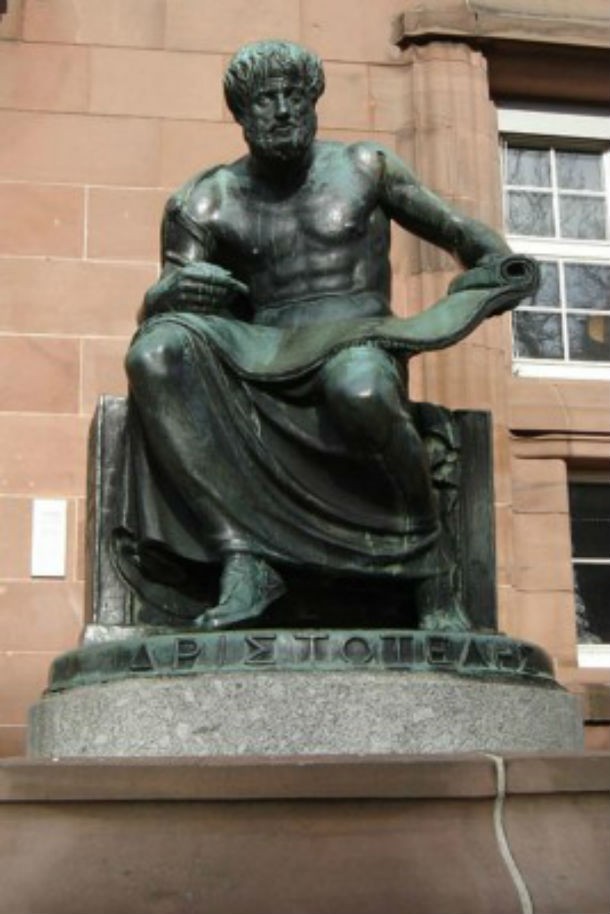 Source: Internet Encyclopedia of Philosophy, Image: Wikipedia
Source: Internet Encyclopedia of Philosophy, Image: Wikipedia When his wife, Pythias, died, Aristotle became involved with her slave Herpyllis; with her he had a son.
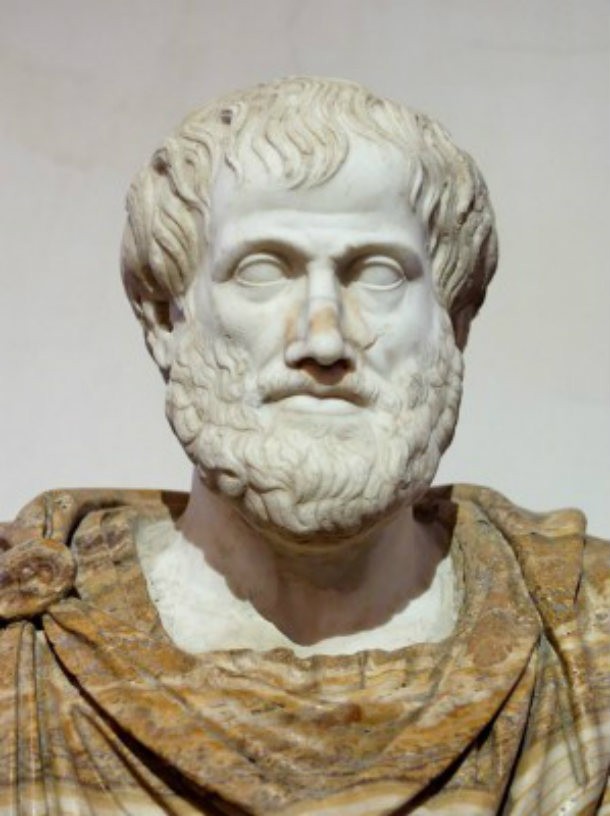 Source: Internet Encyclopedia of Philosophy, Image: Wikipedia
Source: Internet Encyclopedia of Philosophy, Image: Wikipedia He named his son Nicomachus after his father, but unfortunately Nicomachus died in battle when he was still young. The Nicomachean Ethics, a compilation of Aristotle’s lecture notes, was so named in his honor.
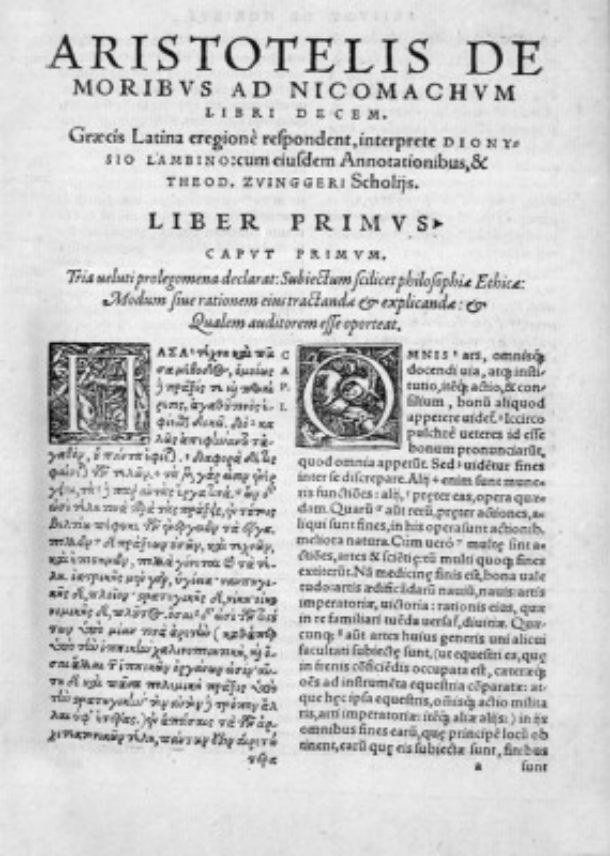 Source: Internet Encyclopedia of Philosophy, Image: Wikipedia
Source: Internet Encyclopedia of Philosophy, Image: Wikipedia When Aristotle was a young man, Athens was the richest city and most famous cultural center of the age. He went to Athens when he was seventeen and lived there for the better part of his life.
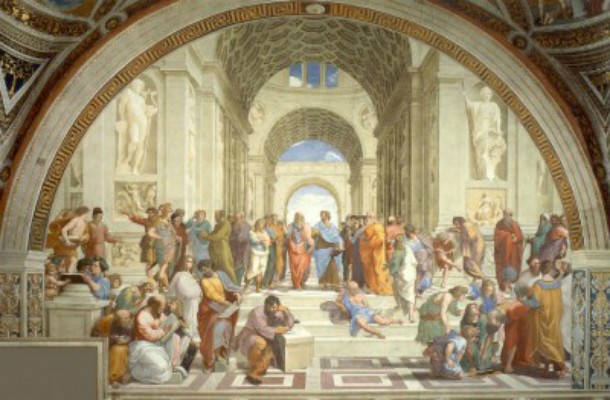 Source: Internet Encyclopedia of Philosophy, Image: Wikipedia
Source: Internet Encyclopedia of Philosophy, Image: Wikipedia There he became a student of Plato at the famous Academy and soon became his favorite student. Years later, Aristotle would found his own school, the Lyceum.
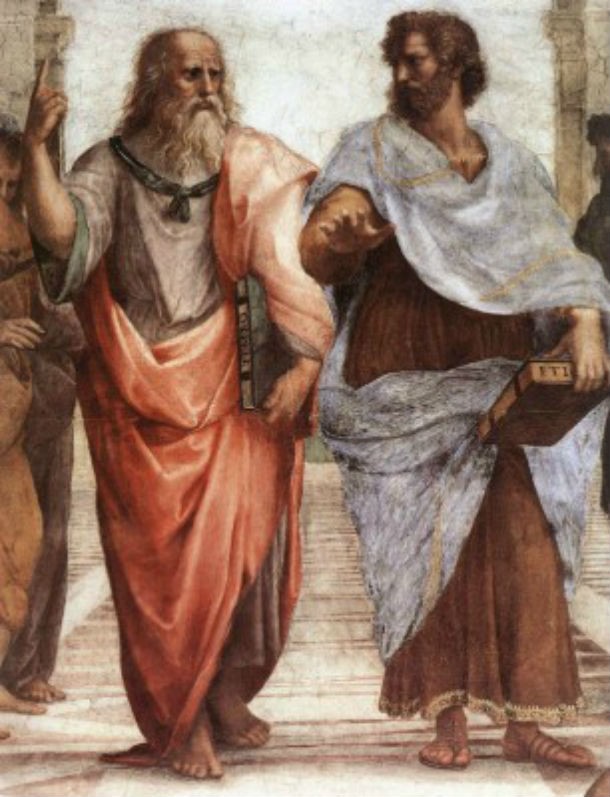 Source: Internet Encyclopedia of Philosophy, Image: Wikipedia
Source: Internet Encyclopedia of Philosophy, Image: Wikipedia He would eventually return to Macedonia for ten years from 345 to 335 BCE, where he would become Alexander the Great’s tutor.
 Source: Internet Encyclopedia of Philosophy, Image: commons.wikimedia.org
Source: Internet Encyclopedia of Philosophy, Image: commons.wikimedia.org Aristotle might be famous for being the tutor of Alexander the Great, arguably the greatest general who ever lived, but few are aware that he was also the teacher of Cassander and Ptolemy, both of whom would eventually be crowned kings of the Kingdom of Macedon and Egypt, respectively.
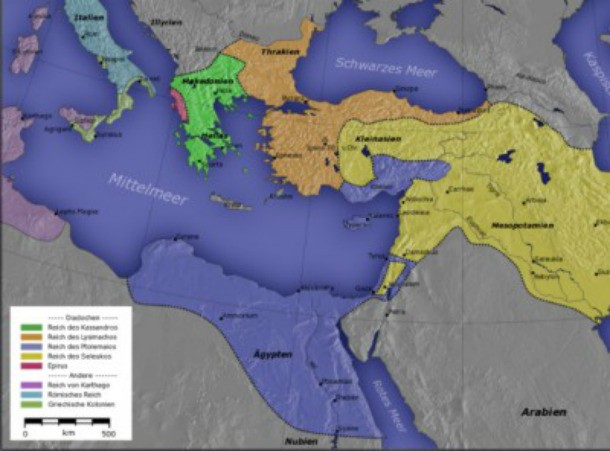 Source: Internet Encyclopedia of Philosophy, Image: Wikipedia
Source: Internet Encyclopedia of Philosophy, Image: Wikipedia Alexander and Aristotle became great friends at some point. Alexander appreciated Aristotle so much as a friend and teacher that he would collect specimens from the lands he conquered and send them to Aristotle as trophies.
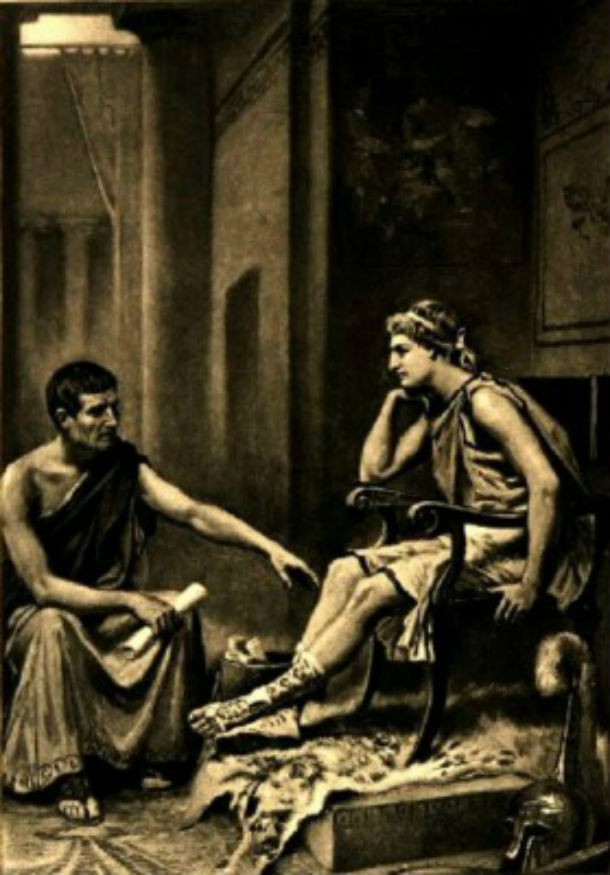 Source: Internet Encyclopedia of Philosophy, Image: Wikipedia
Source: Internet Encyclopedia of Philosophy, Image: Wikipedia Many historians believe that Aristotle loved Alexander as his own son, and this might not be too far from the truth. Soon after Alexander’s death, Aristotle would close his school in Athens and die within a year (322 BCE) of the famous general.
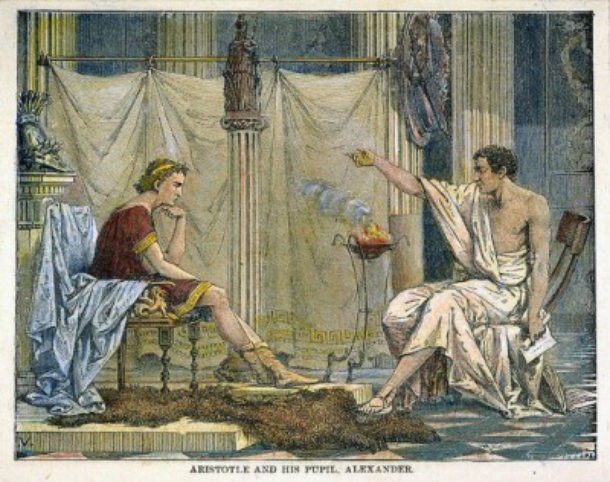 Source: Internet Encyclopedia of Philosophy, Image: Wikipedia
Source: Internet Encyclopedia of Philosophy, Image: Wikipedia Aristotle composed two types of works: the first was destined for the general public and thus was far more comprehensible, while the other was designed for students and teachers of philosophy.
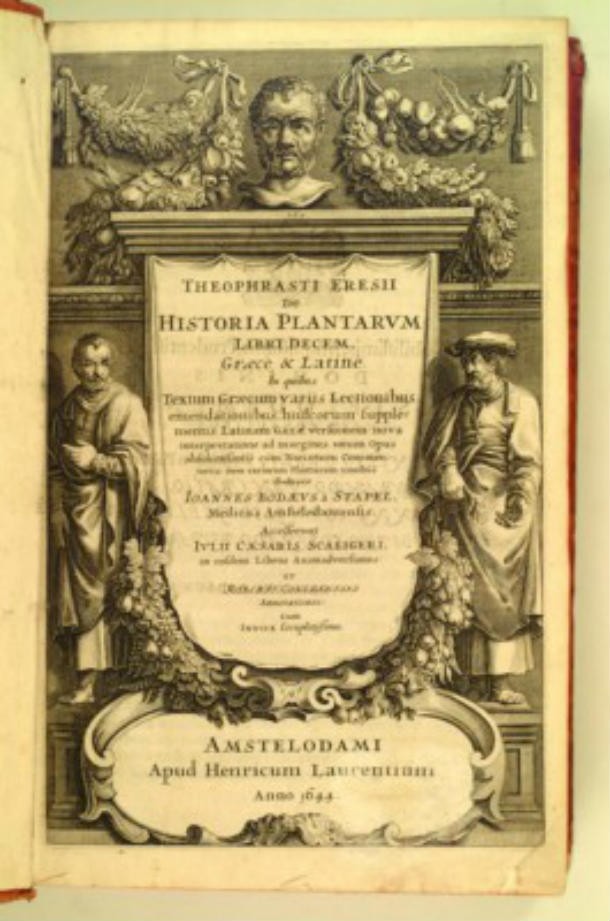 Source: Internet Encyclopedia of Philosophy, Image: Wikipedia
Source: Internet Encyclopedia of Philosophy, Image: Wikipedia He wrote many books and kept notes to help teach his students. Unfortunately, most were lost and only one-third of his writings have survived.
 Source: Internet Encyclopedia of Philosophy, Image: Wikipedia
Source: Internet Encyclopedia of Philosophy, Image: Wikipedia Contrary to his great predecessors Socrates and Plato, Aristotle introduced a new form of philosophy and studying where he looked for clues and proofs.
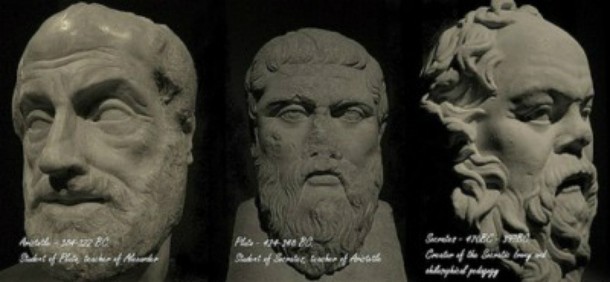 Source: Internet Encyclopedia of Philosophy, Image: Wikipedia
Source: Internet Encyclopedia of Philosophy, Image: Wikipedia Aristotle invented a new field of science called Causality - a science of causal investigation into a specific area of reality.
 Source: Internet Encyclopedia of Philosophy, Image: YouTube
Source: Internet Encyclopedia of Philosophy, Image: YouTube He’s widely considered the first famous polymath in history. Other than philosophy, Aristotle also focused on scientific fields such as biology, zoology, astronomy, and botany. He even traveled with a friend of his, Theophrastus, to the island of Lesbos and studied its plant and animal life.
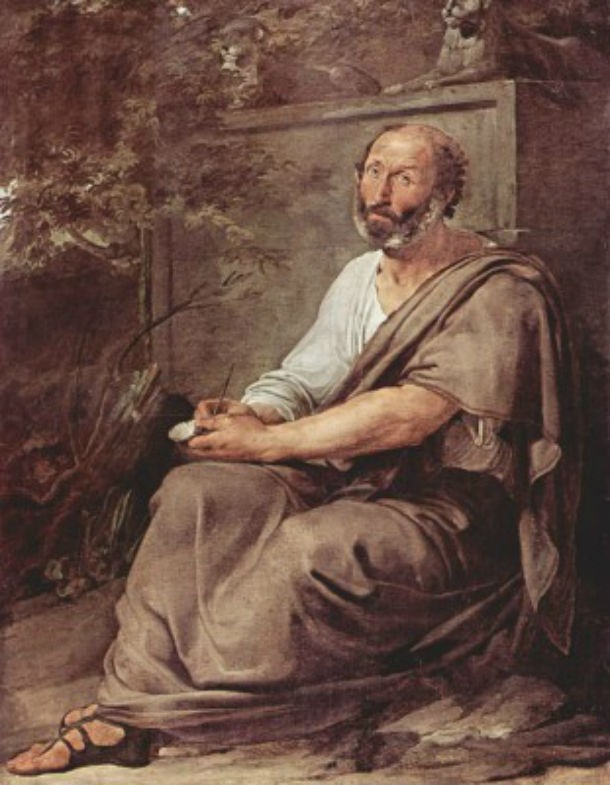 Source: Internet Encyclopedia of Philosophy, Image: Wikipedia
Source: Internet Encyclopedia of Philosophy, Image: Wikipedia To get an idea how important his contributions to botany were, keep in mind that he was the first to explain that a plant thrives best in a “favorable place,” or as an ecologist would say today, in its “niche.”
 Source: Internet Encyclopedia of Philosophy, Image: Wikipedia
Source: Internet Encyclopedia of Philosophy, Image: Wikipedia Aside from science, Aristotle also contributed to the fields of ethics, logic, metaphysics, music, poetry, politics, and theater. For example, in a surviving portion of his book entitled Poetics, he discusses tragedy and epic poetry.
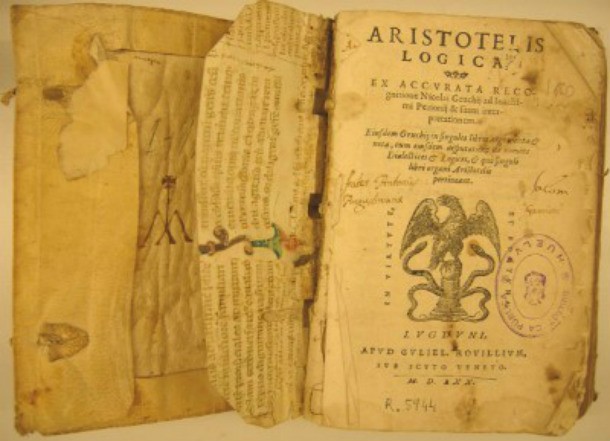 Source: Internet Encyclopedia of Philosophy, Sparknotes, Image: Wikipedia
Source: Internet Encyclopedia of Philosophy, Sparknotes, Image: Wikipedia
Ahead of his time, Aristotle strongly believed that the universe was eternal, that there was neither a beginning nor an end. Although he accepted that things could change, he fundamentally believed that the overall conditions would always remain the same.
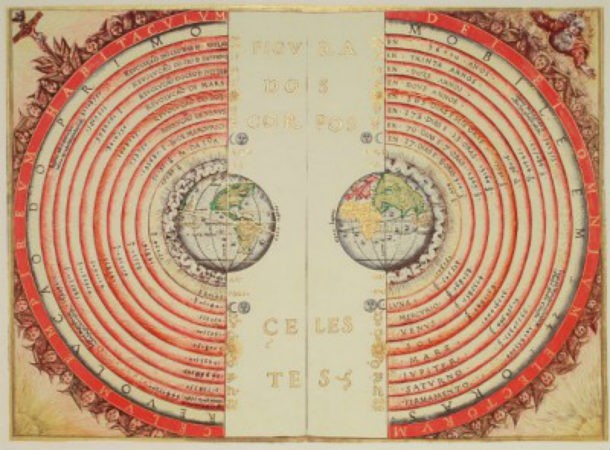 Source: Internet Encyclopedia of Philosophy, Image: Wikipedia
Source: Internet Encyclopedia of Philosophy, Image: Wikipedia Aristotle is also considered a pioneer in meteorology. He loved to study and observe the functions of the earth. In his works on meteorology, he was one of the few men of antiquity to talk about comets and meteors, as well as different types of weather, describing rainbows, thunder, lightning, and wind. He also discussed earthquakes, which he believed were a result of underground winds.
 Source: Internet Encyclopedia of Philosophy, Image: Wikipedia
Source: Internet Encyclopedia of Philosophy, Image: Wikipedia Another great philosopher of antiquity, the Roman politician, lawyer, orator, political theorist, and constitutionalist Cicero, used to refer to Aristotle’s literary style as “a river of gold.”
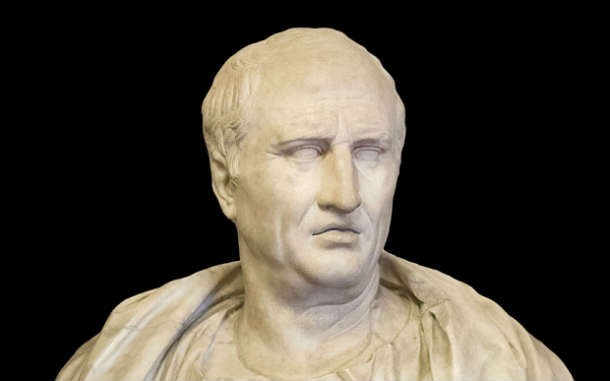 Source: Internet Encyclopedia of Philosophy, Image: Wikipedia
Source: Internet Encyclopedia of Philosophy, Image: Wikipedia What many Westerners don’t know is that most of the information we know about Aristotle was passed down mainly through Muslim scholars and philosophers who carefully preserved his writings when ancient Greek civilization collapsed in places like Persia, Egypt, and India. Their admiration for his teachings was so great that they passed his writings on to contemporary scholars throughout Asia and Europe.
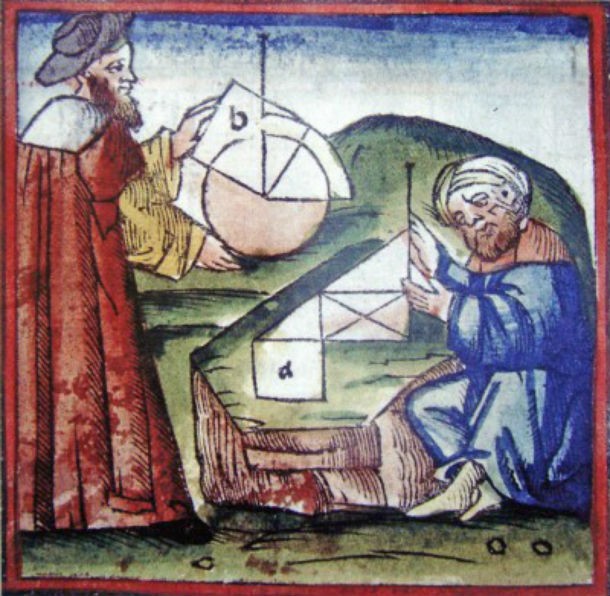 Source: Internet Encyclopedia of Philosophy, Image: Wikipedia
Source: Internet Encyclopedia of Philosophy, Image: Wikipedia That’s why Aristotelian philosophy has had such a strong influence on both Christianity and Islam.
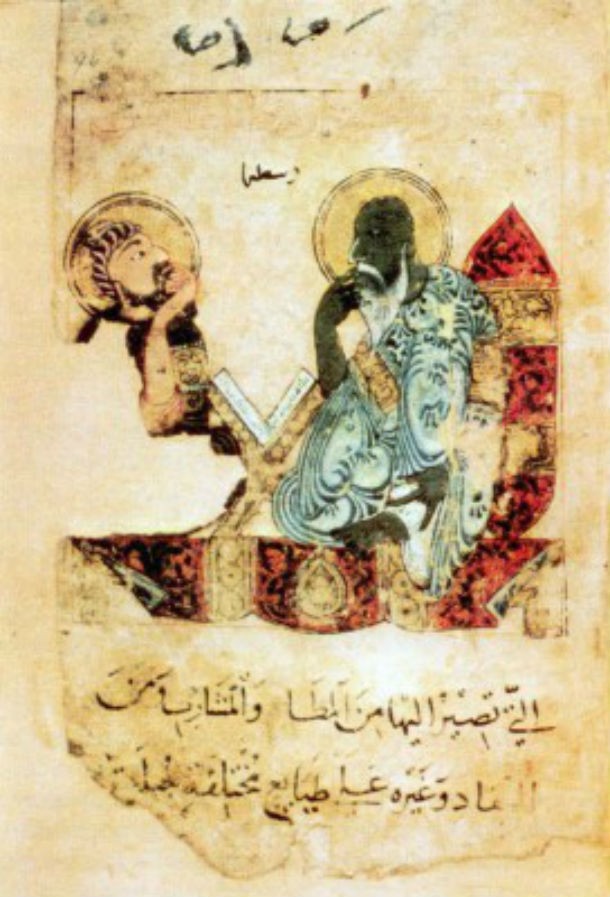 Source: Internet Encyclopedia of Philosophy, Image: Wikipedia
Source: Internet Encyclopedia of Philosophy, Image: Wikipedia Aristotle was the first Greek philosopher to show a great interest in animals. His careful study of them led him to classify them into different groups and species. Impressively, he was able to divide them into two basic groups: animals with red blood and animals without red blood. His findings correspond closely with the distinctions later recognized between vertebrate and invertebrate animals.
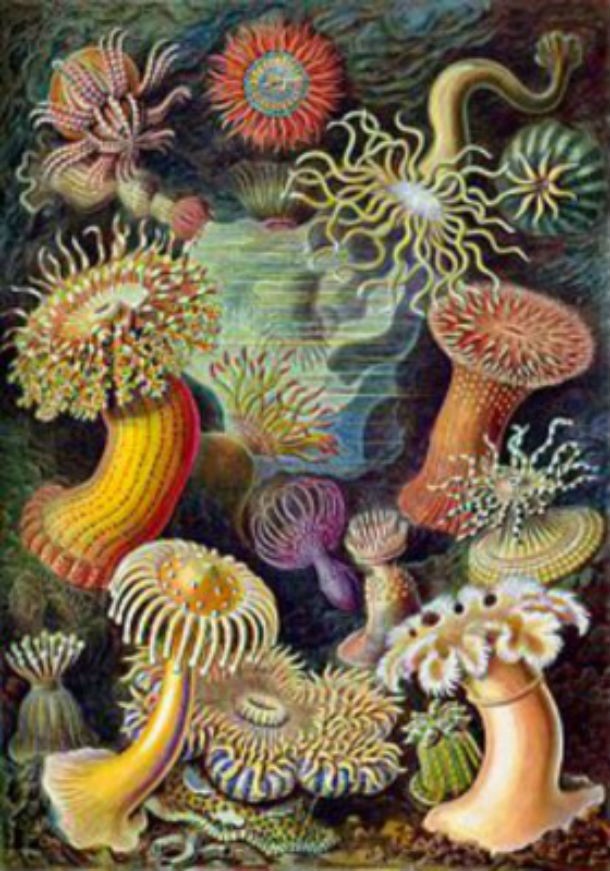 Source: Internet Encyclopedia of Philosophy, Image: Wikipedia
Source: Internet Encyclopedia of Philosophy, Image: Wikipedia Aristotle is considered by many historians and scholars to be the most intelligent individual who ever lived. According to Pantheon, a project from the Macro Connections Group at the MIT Media Lab, Aristotle’s theories have influenced human history more than any other personality.
 Source: pantheon.media.mit.edu, Image: Wikipedia
Source: pantheon.media.mit.edu, Image: Wikipedia 


























